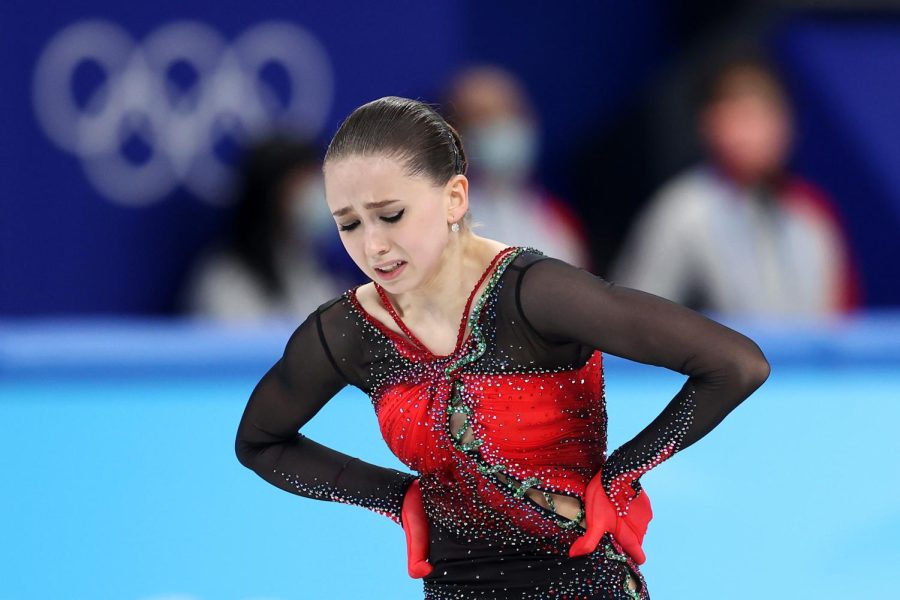Trimetazidine: The Drug that Landed 15 Year-Old Olympic Figure Skater in Trouble
Kamila Valieva, a promising and talented 15-year-old figure skater, is the most recent victim in Russia’s continuous doping of their Olympic athletes. Born out of Kazan, Russia, Ms. Valieva tested positive for Trimetazidine, a drug that she apparently ingested weeks before winning gold in the team figure skating competition.
Kamila Valieva’s violation didn’t come until after she won gold, however. She was tested by the Russian Anti-Doping Agency on December 25th, but it took until February 8th for the Olympics to take action, because her sample wasn’t analyzed by a Swedish Laboratory until then. This new information quickly prompted the Olympics to suspend Valieva from the Games and delay the medal ceremony to award the Russian team.
Days later, Kamila was able to appeal the suspension and competed in the women’s individual competition. She finished on top.
Ms. Valieva’s attorney, Anna Kozmenko, claimed that her client accidentally ingested the drug, accrediting the mixup to the fact that the Trimetazidine was her grandfather’s medicine, and Ms. Valieva mistakenly consumed it. This argument was persuasive enough to convince three judges at the Court of Arbitration for Sport to allow the young figure skater to continue competing for Russia at the Olympics. However, Ms. Valieva tested positive for two other heart treatment drugs that are not banned by the World Anti-Doping Agency. It is also hard to believe that a young and seemingly healthy 15 year old would need all these heart treatment drugs.
So, what is Trimetazidine?
Trimetazidine, more commonly abbreviated as TMZ, is a drug used to treat chest pain due to a lack of blood and/or oxygen to the heart. The drug “helps to metabolize fatty acids, which can help your body use oxygen. The drug also allows for more blood flow to your heart and limits quick changes in your blood pressure. This can help lessen chest pain from blocked blood vessels. It can also improve overall performance in someone with a heart-related disease” according to Neha Pathak, MD.
TMZ is not approved for use in the United States, but is approved for use as an angina therapy in Europe. The drug is not recommended for use for those under eighteen. In 2014, Trimetazidine was added to the World Anti-Doping Agency’s list of banned substances, classifying the drug as a “hormone and metabolic modulator”. Increasing blood flow to the heart may allow for better performance of one’s heart and body. It is also seen as unlikely that Valieva was able to ingest the drug accidentally.
Even though Kamila Valieva was still able to compete, this mistake will most likely haunt her career forever and permanently taint her reputation. It is truly upsetting to witness the lengths that Russia is willing to go to to create and maintain gold winning athletes. Kamila Valieva, a young, impressionable, 15-year-old girl, was clearly manipulated by her coach into ingesting this drug, and as a result was subjected to severe scrutiny in the media and carries a shameful reputation for the rest of her life.
While it is necessary for her to take accountability for her mistakes, it is the adults around her that need to be punished and held responsible for this scandal. Who told her to take the drug? When? Who is allowing her to still compete? Why are Russian athletes and Russia getting away with this? These are all pressing questions that likely won’t be answered any time soon. It is devastating that we can really do nothing but watch as the cycle of abuse for Russian athletes continues.

Ale is a freshman, who is very excited to write with The Harriton Banner this year! Ale is interested in writing for the opinion and arts & entertainment...


